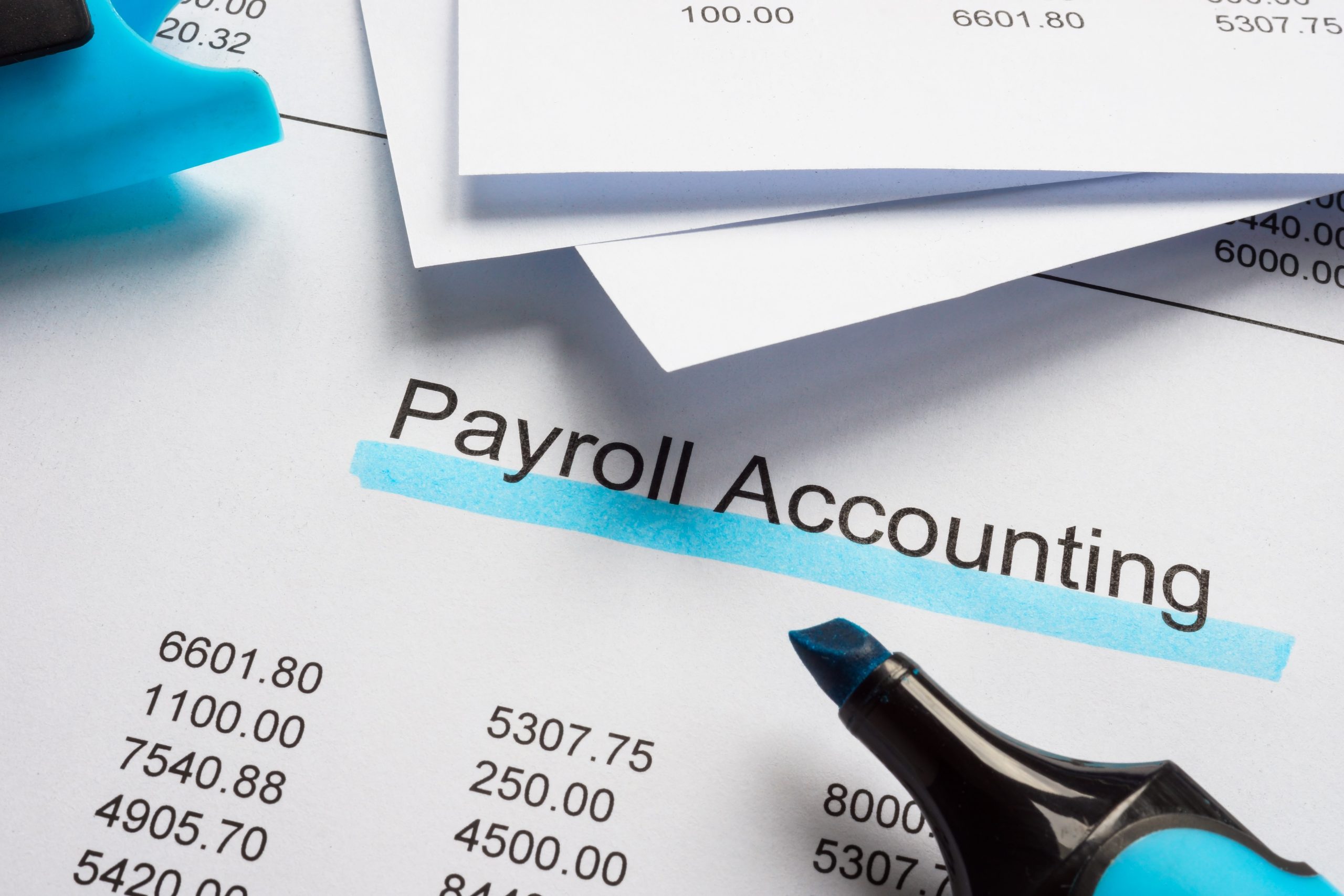SMALL BUSINESS
You may have heard of an ACN or an ABN? For anyone who is unsure of the difference between these terms, this blog outlines the basics of an ACN and an ABN.
These terms may look and sound similar yet they serve quite different purposes. Anyone starting a business or considering what structure might be most appropriate for their business should understand what an ACN and ABN are, how to obtain them and the benefits each can bring.
What is an ACN?
An ACN (Australian Company Number) is a unique nine-digit number specifically for companies registered in Australia. When a company is incorporated, it is newly created, or registered. At the time a company is created, it is issued an ACN by the Australian Securities and Investments Commission (ASIC).
The purpose of an ACN is to ensure that companies have a unique identifier for legal and regulatory purposes. An ACN helps to maintain accurate and up-to-date records of a company’s operations and ownership, and allows the government and other entities to track the company’s activities.
An ACN is also used as a reference number on various government forms and business documents, such as tax returns and invoices.
What is an ABN?
An ABN (Australian Business Number) is a unique 11-digit identifier for all businesses operating in Australia. An ABN is issued by the Australian Taxation Office (ATO) and is used for various purposes such as identification, tax and record keeping.
The purpose of an ABN is to provide a unique identifier for businesses so that they can easily and accurately communicate with the government and other entities. There are various uses for an ABN including applying for government grants, registering for goods and services tax (GST), and claiming fuel tax credits. An ABN is also used as a reference number on various business documents, such as invoices and purchase orders. By having an ABN, a business can simplify their dealings with government and other entities and ensure compliance with tax laws and regulations.
Your ABN is your gateway to government services, including the ATO. Having an ABN means you are recognised as a business. Once a business has an ABN, it can apply for GST registration.
If you do not need to pay tax (for example, if you are a charity), your ABN is needed to confirm your charitable status.
Therefore, in summary, while both terms are used for identification, an ABN is a broader identifier for all businesses operating in Australia, while an ACN is specific to companies and is a component of their ABN.
How to find an ABN
You can easily find an ABN for any business online. This includes sole traders, trusts and companies. Open your internet browser and click “ABN search” or “ABN lookup”. This will take you to a section of the Australian Business Register where you will see the screen below.
Type either the name of the business you are looking for in the search bar and click enter. Or, if you have an ABN and want to find which business it belongs to, type the ABN in the search field instead.
There are certain details of a business that are publicly available – such as its legal name, trading name and whether it is registered for GST – and you can view these on the Australian Business Register website.

Why an ACN is essential for any company
You cannot have a company without having an ACN. Having an ACN means the entity is a company. An ACN is proof of ASIC registration. It is often used by potential customers to determine if a company is a bona fide business. It enables people to find information about the company. You can search for any company and ACN in the ASIC registers.
Starting a business?
If you are thinking of starting a business at some point, there are many things for you to look at and plan before considering your eligibility for an ABN and what having an ABN entails. It is wise to talk with a professional who is qualified to assist in this area, such as an accountant. You may have a friend who is an accountant, but please appreciate the value of independent expert advice.




